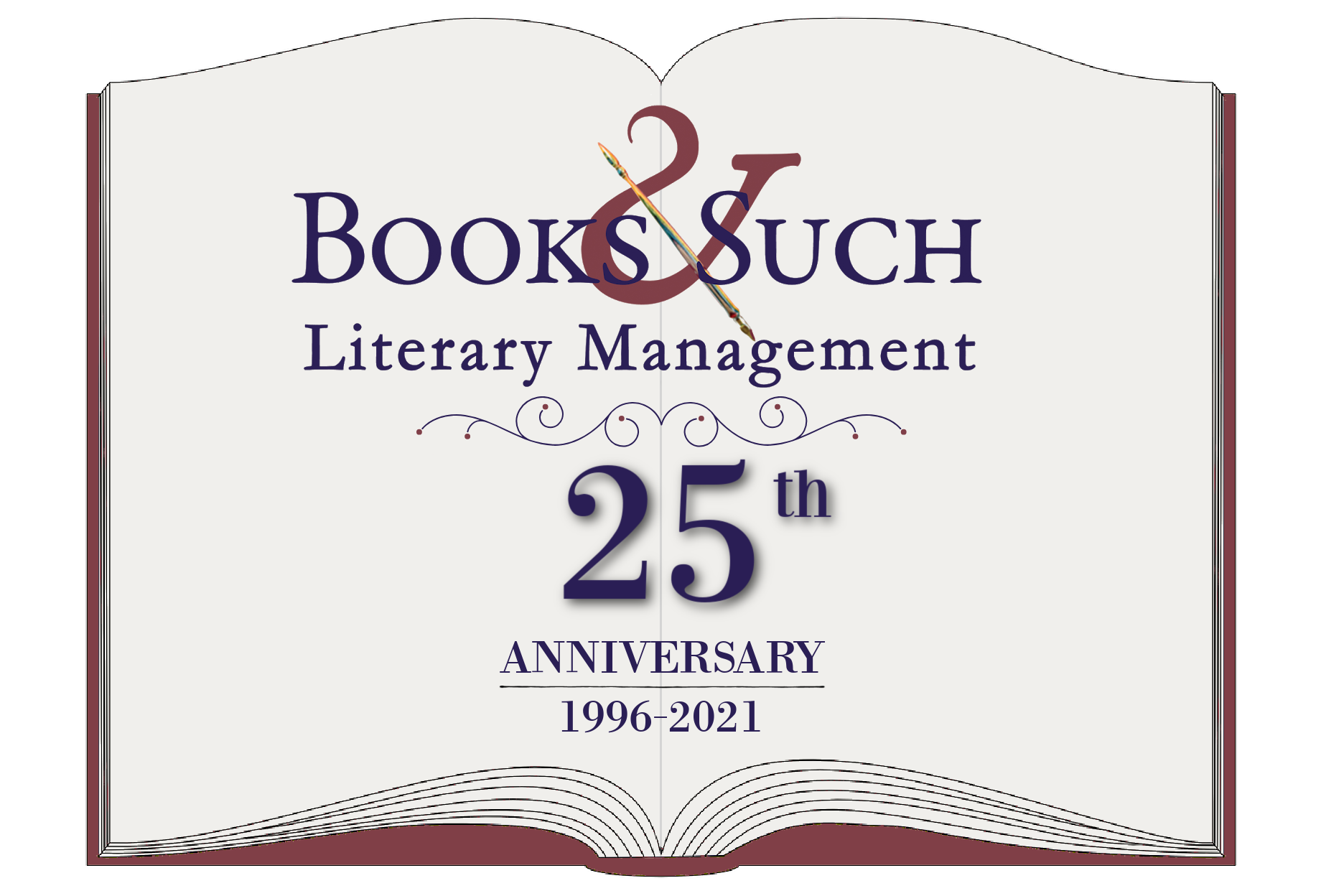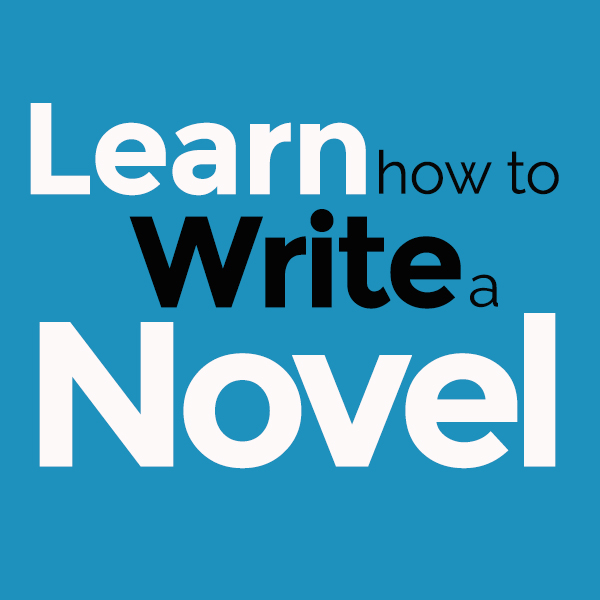As a mom and avid scrapbooker, I’ve recorded many first moments in my boys’ lives. Part of my day job includes recording developmental growth in children.
Leve Vygotsky was a Soviet psychologist, who took a constructivist’s view in child development. His zone of proximal development showed what developing children can do on their own and areas where they need help and guidance from adults. By following adults’ examples, they will improve their developmental skills to where they can do certain tasks on their own. Children need quality hands-on learning experiences to help shape their developmental areas. Adults need to get to a point where they let go and let children try new experiences on their own, which promotes their independence.
Writers are no different. We come to a point in our lives when we say, “I’d like to be a writer.” I haven’t met a writer yet who penned a novel, submitted it, and had it accepted for publication without going through stages of learning.
Writers’ workshops, conferences, retreats, how-to books, critique groups, reading compelling fiction are a number of ways writers develop and grow. We find our weak areas and strive to improve on those while strengthening our stronger areas.
The desire to write hit me when I was 16—the age my youngest son is now. I remember the moment clearly. Since then, I’ve worked to hone my craft and write a novel that is ready for publication.
I’m at that point now.
On Monday, I will submit my novel to the agent who requested it at the ACFW conference last September. I wanted to have it to her before this, but several factors prevented that from happening. Plus, I wanted to give her a quality product.
I believe my novel is ready. I’ve written the very best I have to offer, but I can’t help but wonder if it’s good enough.
Just like mothers care for their children and allow them to leave the nest—amidst tears and soggy tissues—writers need to reach a point with a novel when they send it out into the world—again amidst tears and soggy tissues—and pray for the best.
Tonight I will review my novel for any final changes, let it rest on Saturday, pray over it on Sunday, and submit it on Monday. It’s time to let go…and let God. Then, I’ll get started on the second book in the series.
When do you feel your writing is good enough to be submitted? How do you prepare to send it out? What do you do while you’re waiting?






I'm not sure you can know for sure, but letting others read it and give feedback is a good first step.
Next would be to let the novel rest, the go back to it after a few weeks or month and reread it. You'll see lots to fix, IMHO.
Finally, you pray and send! It's all in God's hands anyway.
Rachel
I know my manuscript is ready to send out when:
1. I can't stand to read it one more time.
2. My critique group has run its "editorial fingers" through it (many times) and given me the thumbs up. I trust their insights/feedback and can't imagine sending a manuscript off without them reading it first.
What do I do while I wait to hear back?
I usually ignore the project I was working on. Go on to something else. Pray for God to open doors, according to his will.
Lisa! What a celebration and a care all wrapped into one! I'll be praying for you!!